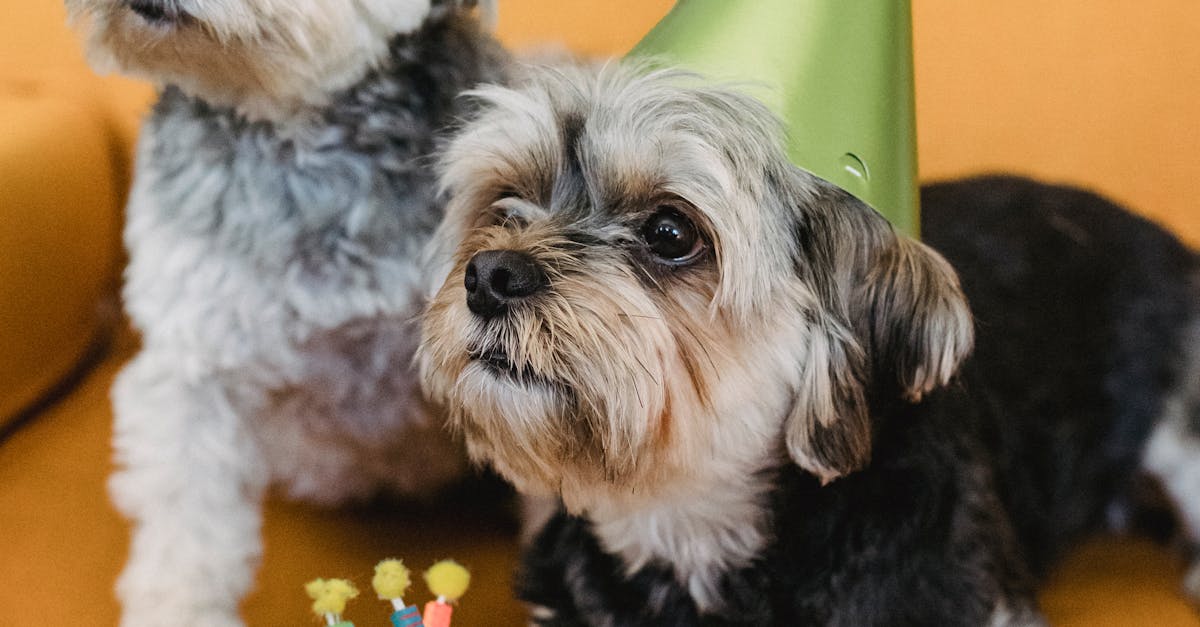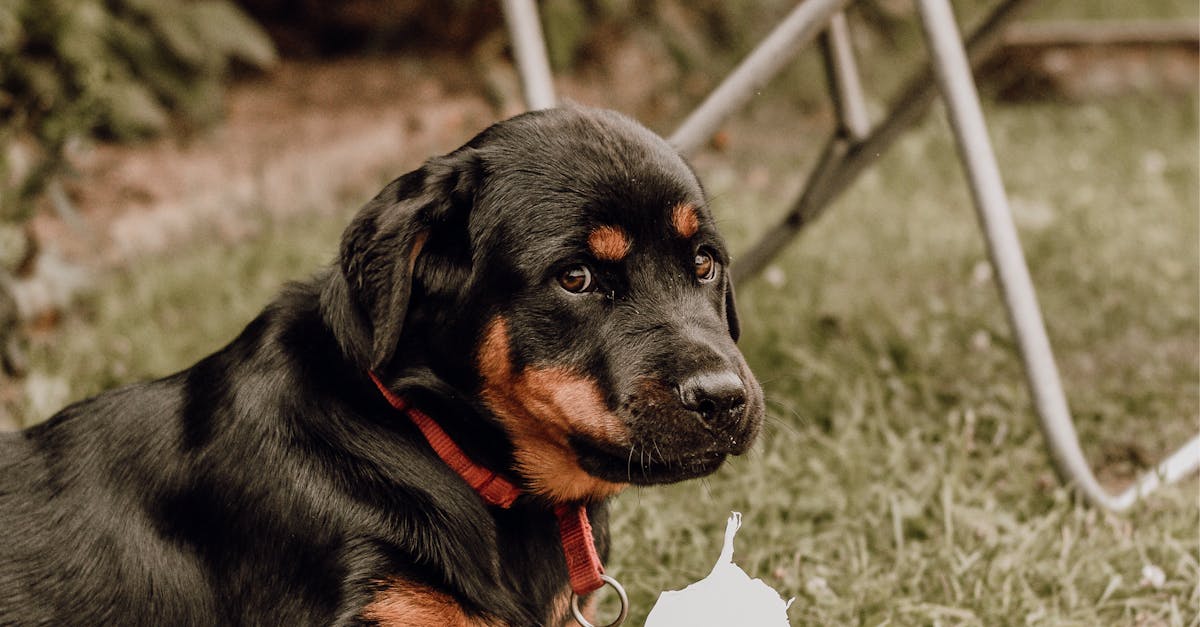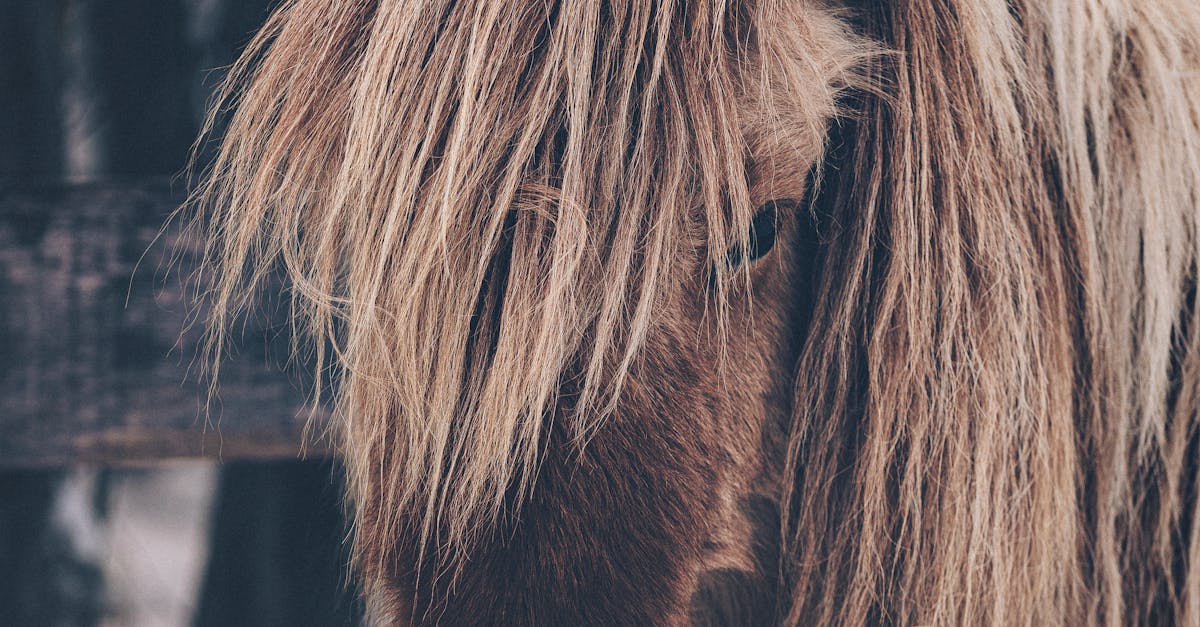After his walk yesterday afternoon, I noticed that my dog's poop looked quite grainy, which isn't something I've seen before. He's been eating normally and I haven't changed his diet recently. Could this indicate a dietary issue or is there something else I should be concerned about?
If you've noticed grainy poop in your dog after a walk, it might be due to ingestion of sand, dirt, or other materials. While it may not be a dietary issue, monitoring for other symptoms is crucial.
- Check if your dog has eaten grass, dirt, or sand.
- Observe for any signs of discomfort or digestive issues.
- Ensure your dog has access to clean, fresh water.
Changes in stool consistency or appearance can indicate a variety of causes, ranging from minor to more serious. If your dog continues to produce grainy stools or shows any signs of distress, such as vomiting, diarrhea, lethargy, or decreased appetite, it's essential to consult a veterinarian. These symptoms can help identify if there's an underlying issue that needs attention.
For peace of mind and personalized advice, please visit Dial A Vet to book a consultation with a professional.
Frequently Asked Questions
- What could cause my dog's poop to appear grainy?
A grainy appearance in your dog's stool might result from eating sand, dirt, or other similar materials. It's often seen in dogs that like to dig or eat things off the ground. - Is grainy poop in dogs an emergency?
Grainy poop by itself is typically not an emergency. However, if it's accompanied by other symptoms like vomiting, diarrhea, or lethargy, you should contact a veterinarian. - How can I prevent my dog from having abnormal stools?
To prevent abnormal stools, keep a close eye on your dog during walks to ensure they do not ingest foreign materials. Maintaining a consistent diet and providing access to clean water is also crucial.
The "Ask a Vet" forum on Dial A Vet offers general information and helpful tips on pet health, but it's
not a substitute for professional veterinary care. The advice here doesn't create a veterinarian-client-patient relationship, and our vets can't diagnose or treat your pet remotely.
For emergencies or specific medical concerns, always contact your local veterinarian immediately. Your pet's health is unique, and decisions should only be made after consulting with a qualified professional. By using this forum, you acknowledge these limitations and agree to seek in-person veterinary advice for all your pet's health needs. View our
content guidelines.



%2520(1).png)



.jpg)








